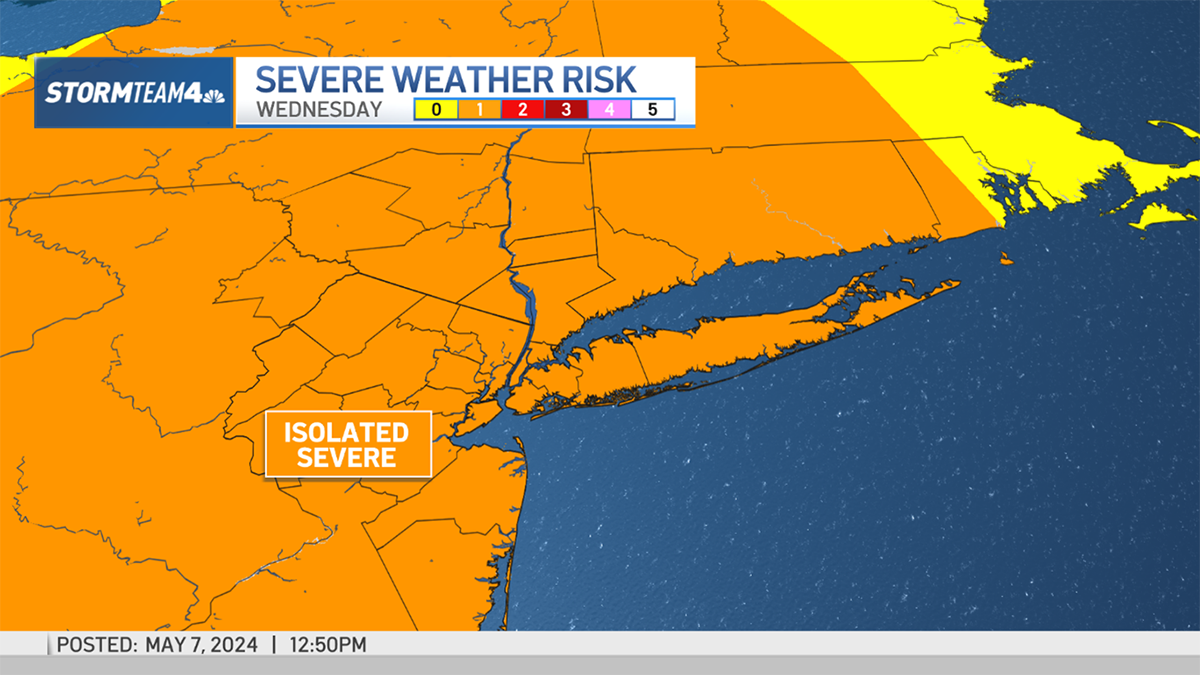As smoke spreads from wildfires in Canada, health agencies are recommending steps to stay safe from bad air quality.
It's important to stay indoors as much as possible and avoid stressful activities like exercising outside. Keep the air in your home clean by closing doors and windows and running portable air filters. The small particles in wildfire smoke can irritate the eyes, nose and throat.
If you have to go outside, consider wearing a mask to help protect your lungs. Some groups face higher risks from smoky conditions. Children, older adults and people with health conditions like asthma should take extra precautions.
Here's how you can protect your health from the smoky haze.
Get Tri-state area news and weather forecasts to your inbox. Sign up for NBC New York newsletters.
STAY INDOORS
The small particles in wildfire smoke can irritate the eyes, nose and throat, and can affect the heart and lungs, making it harder to breathe. It’s important to limit outdoor activities as much as possible to avoid breathing in these particles, health agencies say. You should especially avoid strenuous activities like going for a run, since heavy breathing will increase the amount of smoke you inhale. And bring pets inside too: Animals are also affected by smoky conditions.
KEEP INSIDE AIR CLEAN
News
When inside, keep doors, windows and fireplaces shut so that smoke stays out. If you have a portable air purifier or HVAC system, run it to help keep the air clean, the Environmental Protection Agency recommends. Check that your filters are high quality and up to date. Make sure any filters or air conditioners are set to recirculate indoor air to avoid bringing in smoke from outside. If you have a window air conditioner, check that it's sealed to the window as tightly as possible. And try to avoid activities that would add more particles to the air in your home — like smoking, burning candles or frying meat.
WEAR A MASK
If you go outside in smoky conditions, consider wearing a mask, like an N95, to protect your lungs. The mask should fit over your nose and under your chin, and seal tightly to your face to keep out the smoky air.
KNOW YOUR RISK
Some groups should be extra careful as they face higher risks from wildfire smoke. Children and older adults are especially sensitive to smoky conditions. Those with health conditions affecting the lungs or heart — like asthma or chronic obstructive pulmonary disease — face higher risks from poor air quality, along with those who are pregnant, according to the Centers for Disease Control and Prevention. People in these groups should take extra precautions and monitor for symptoms like coughing, trouble breathing or fatigue.



